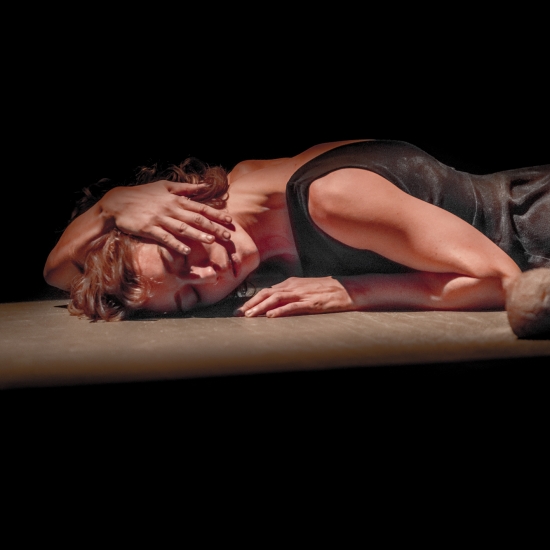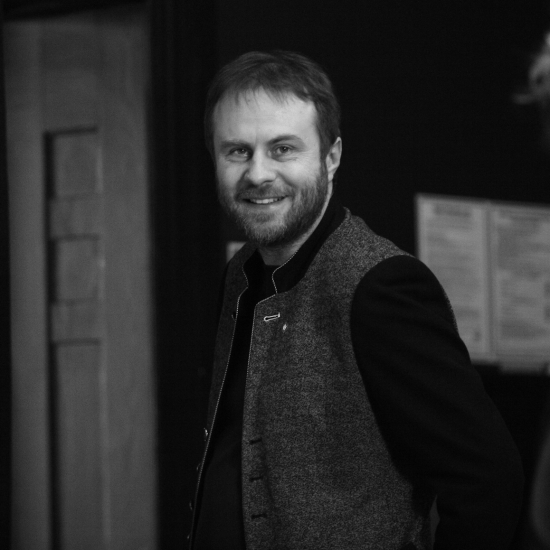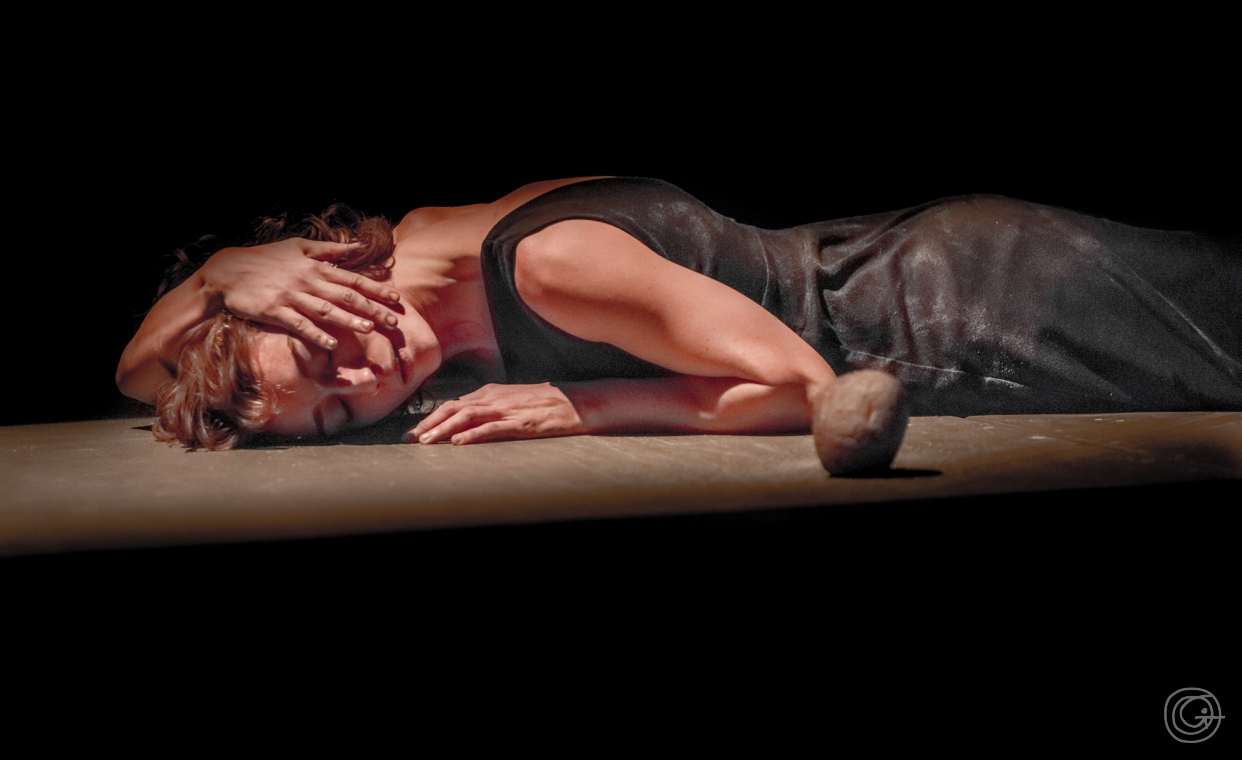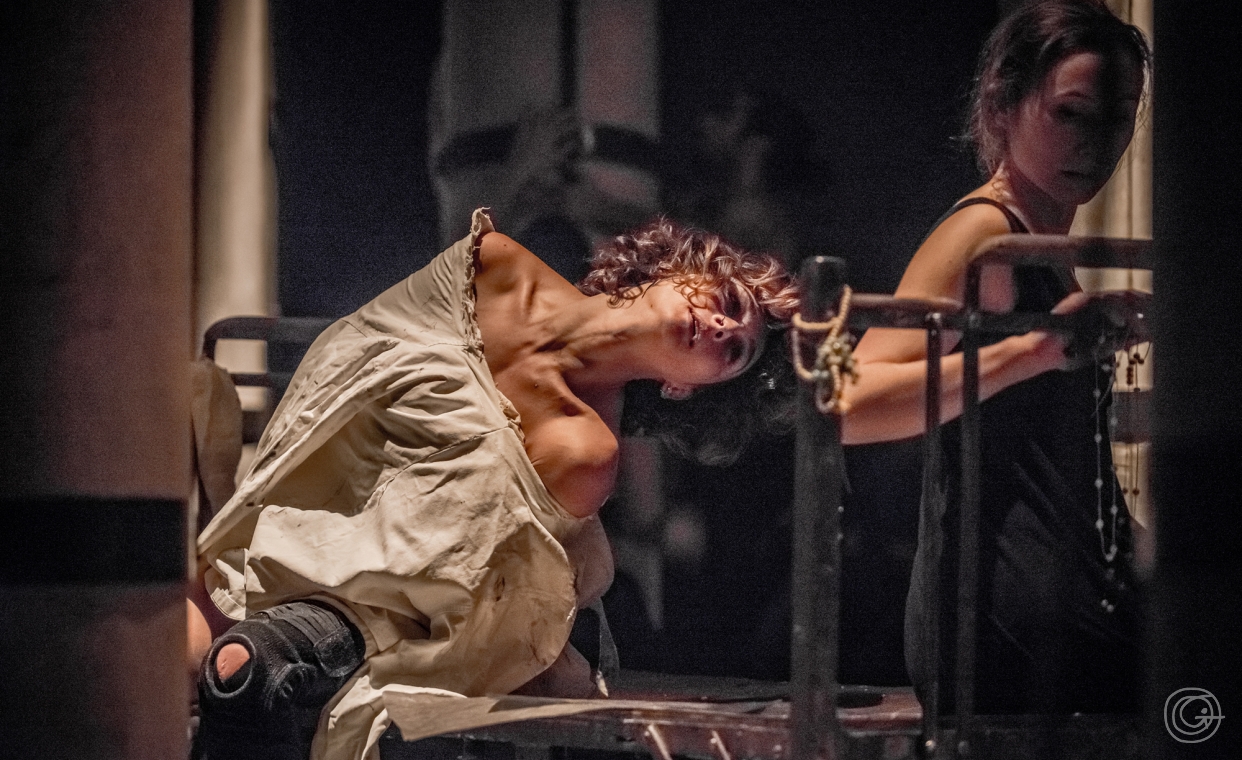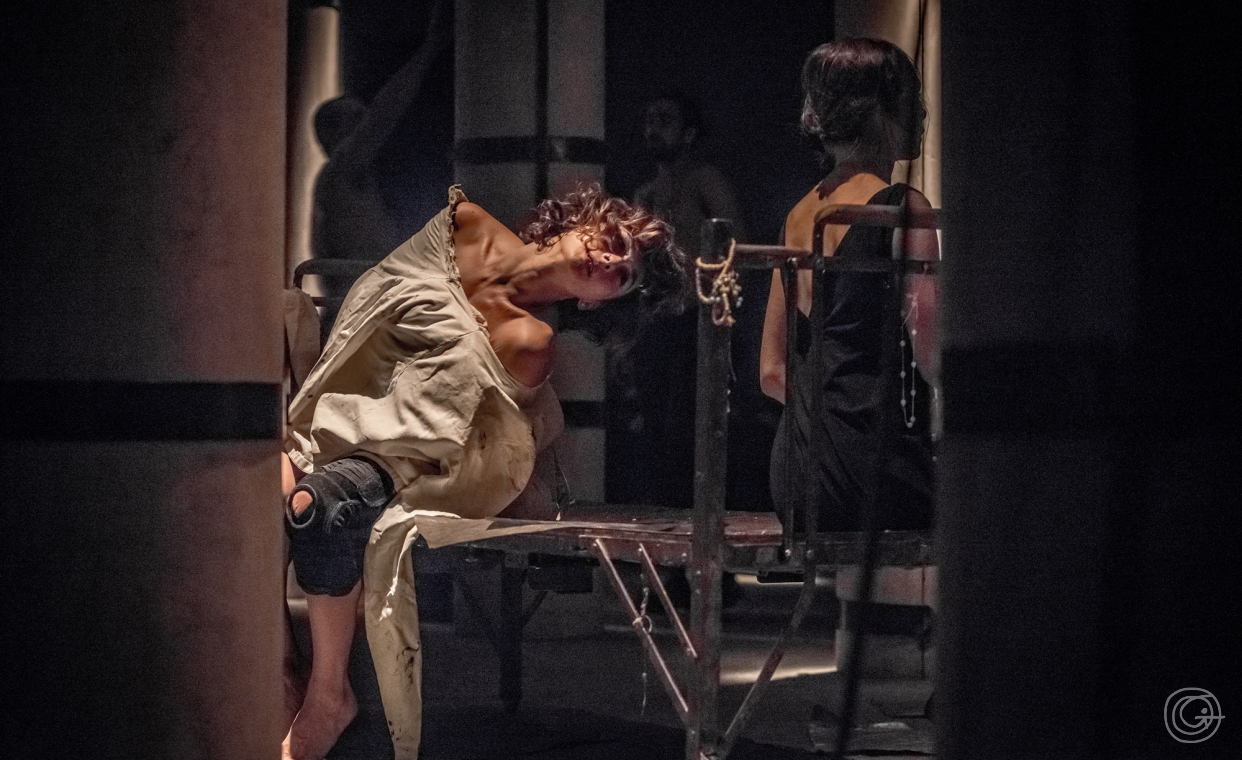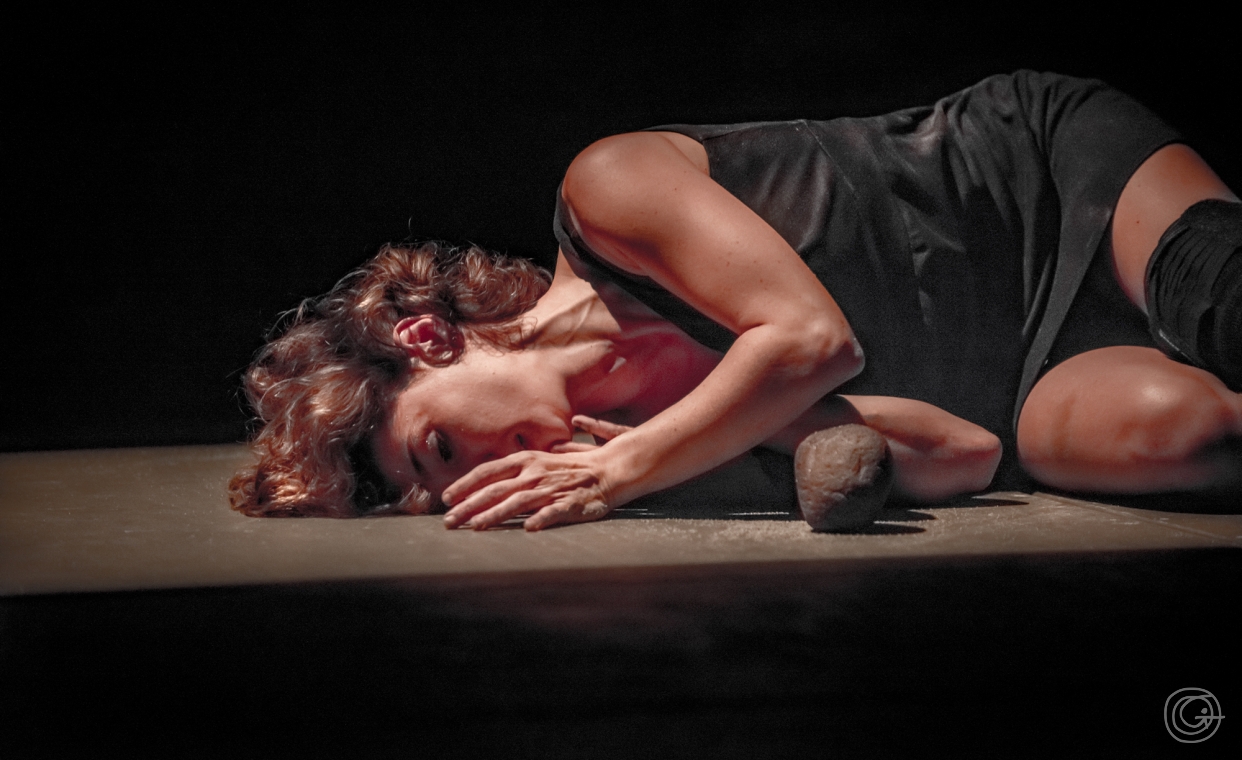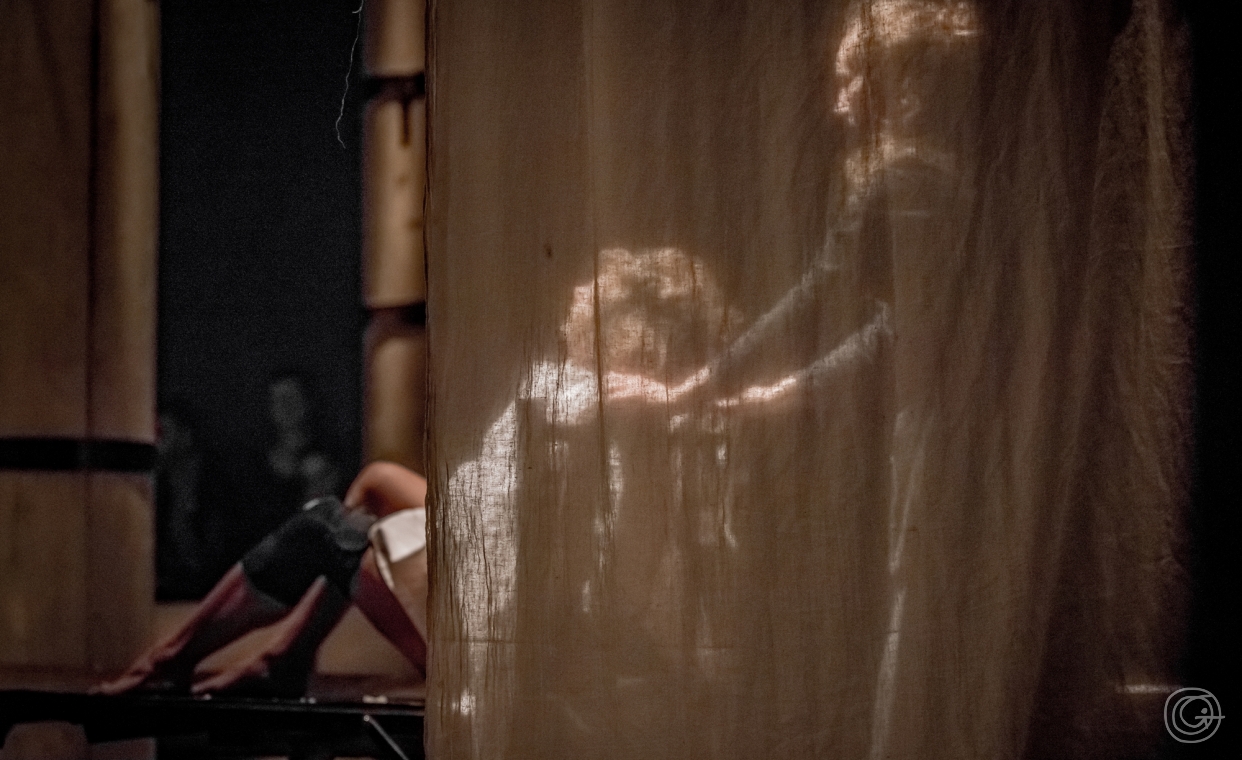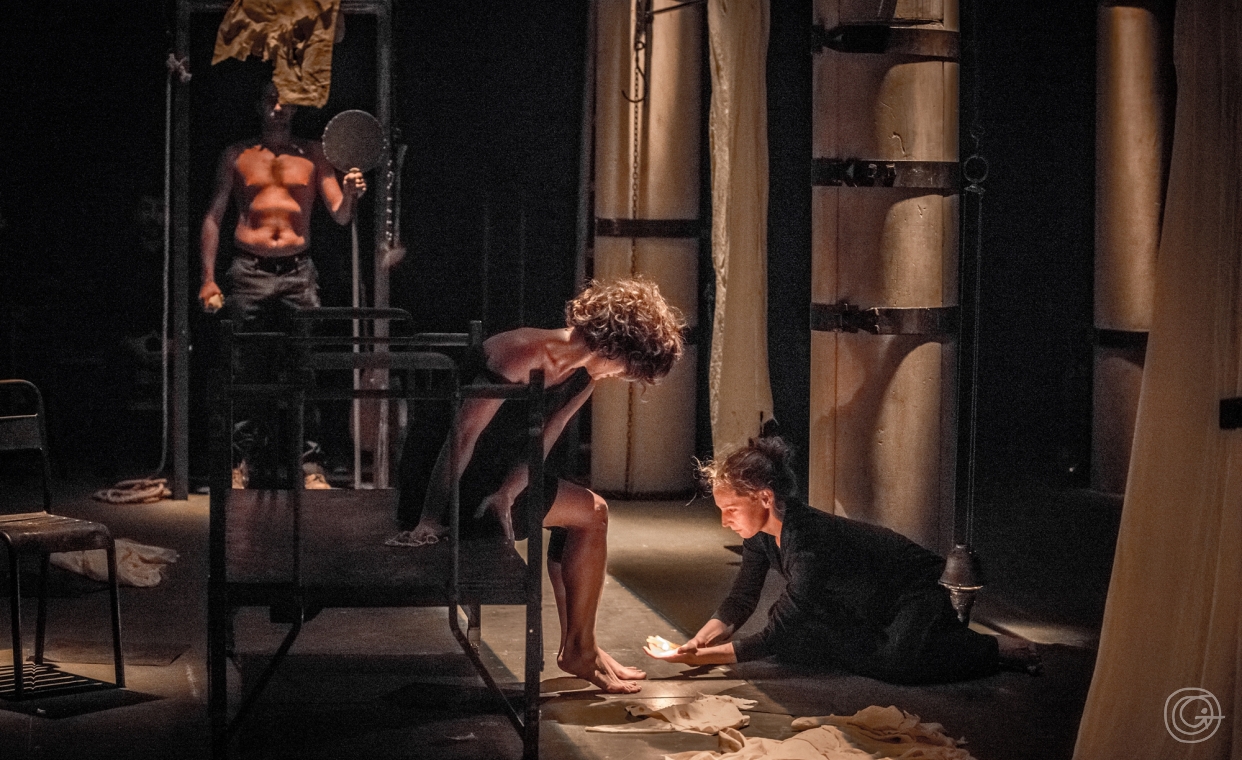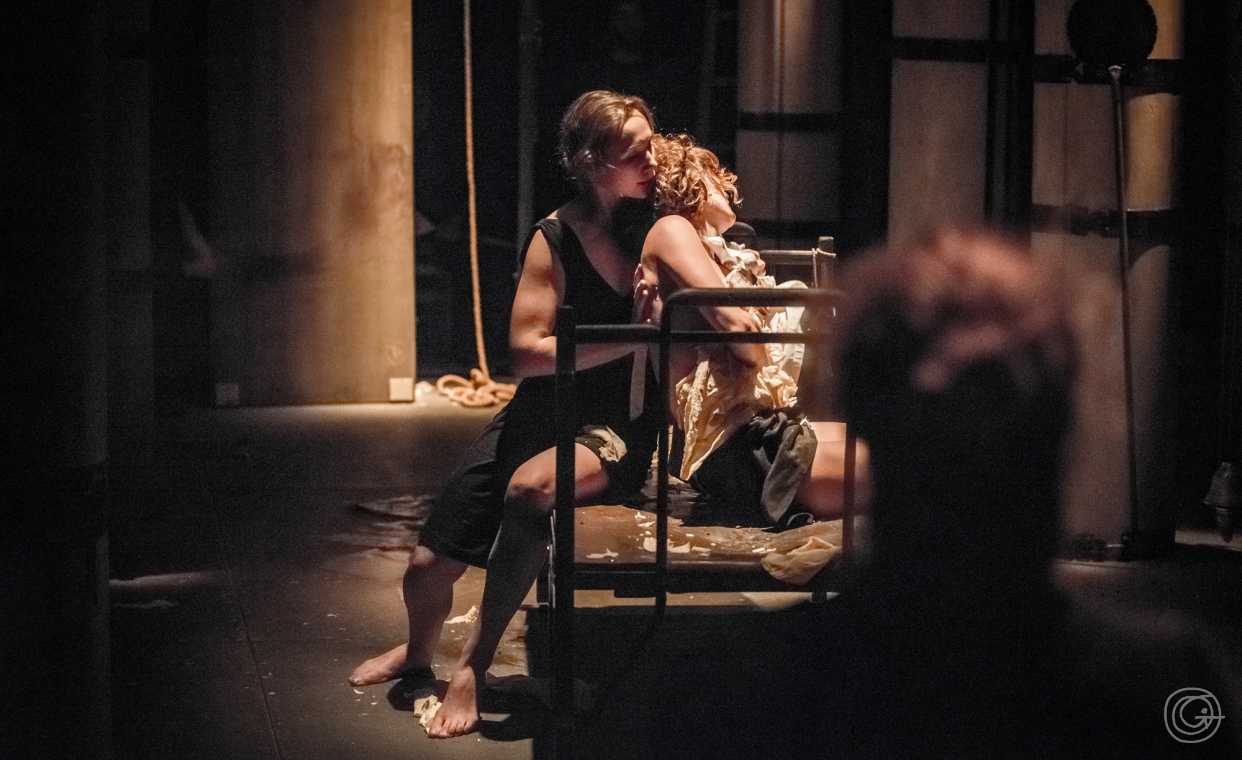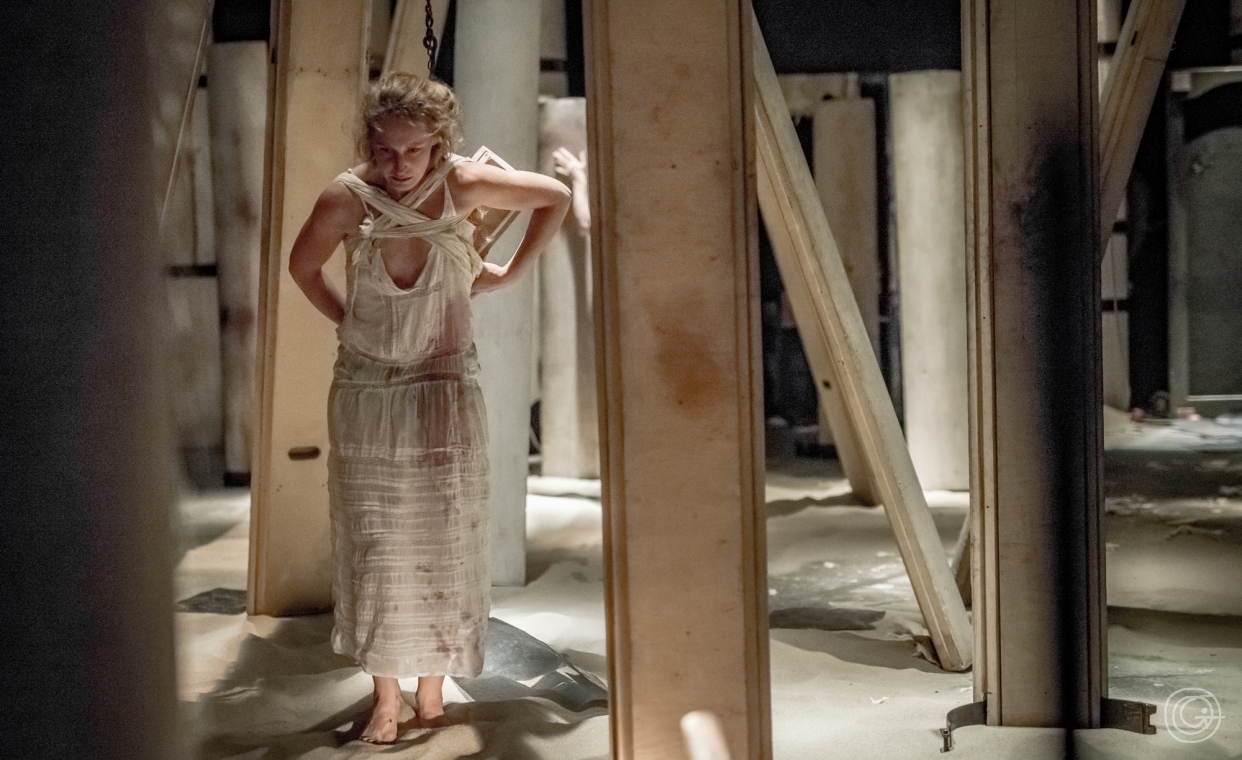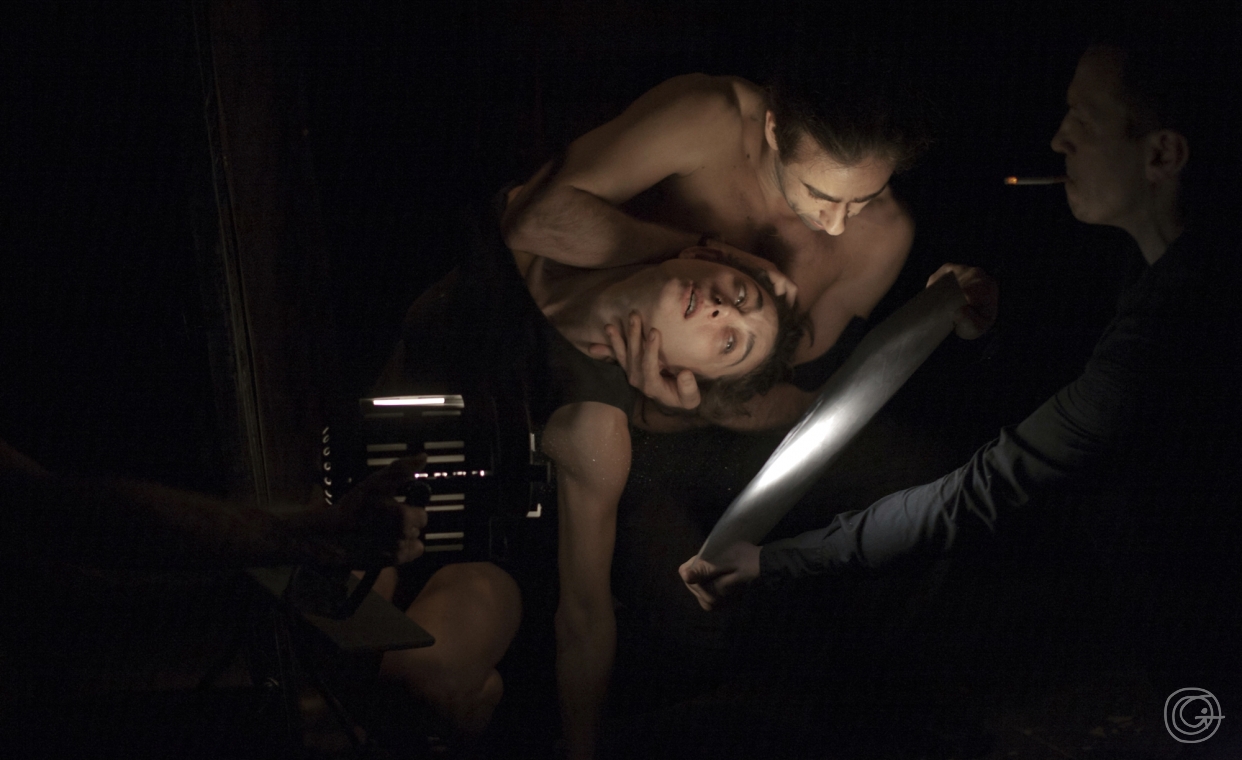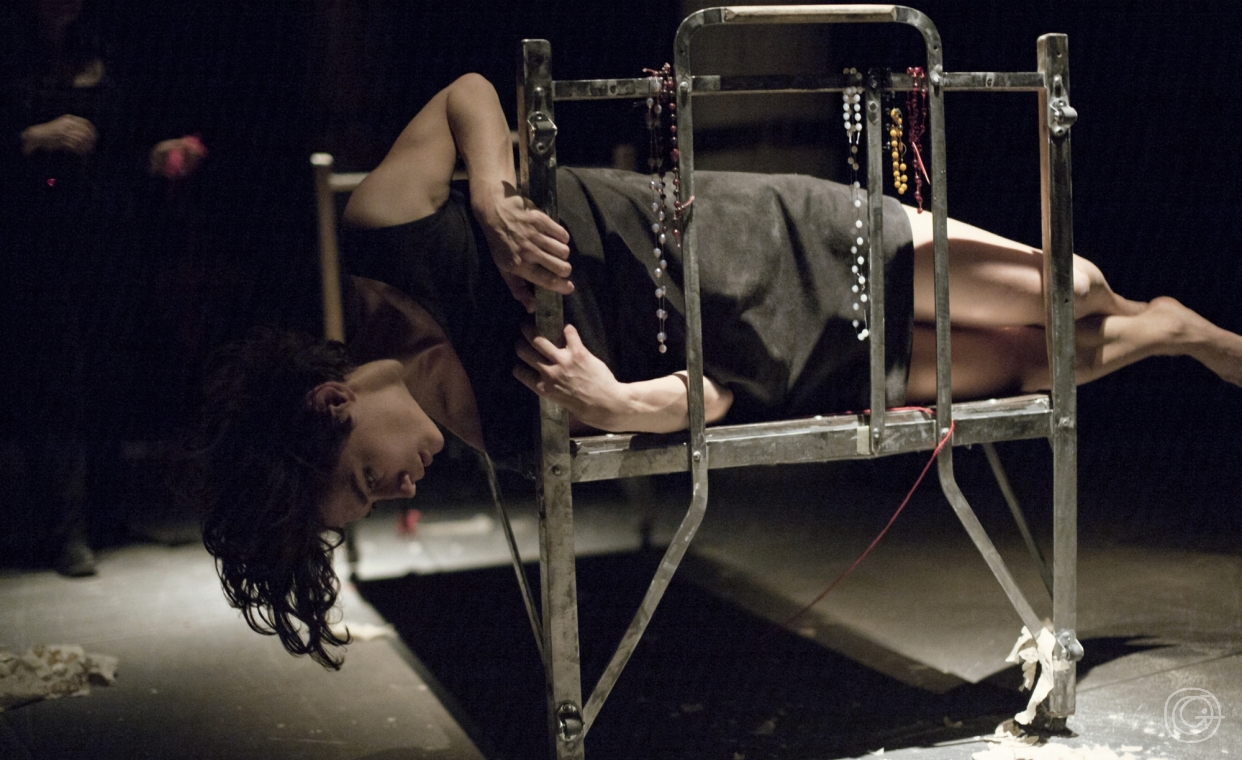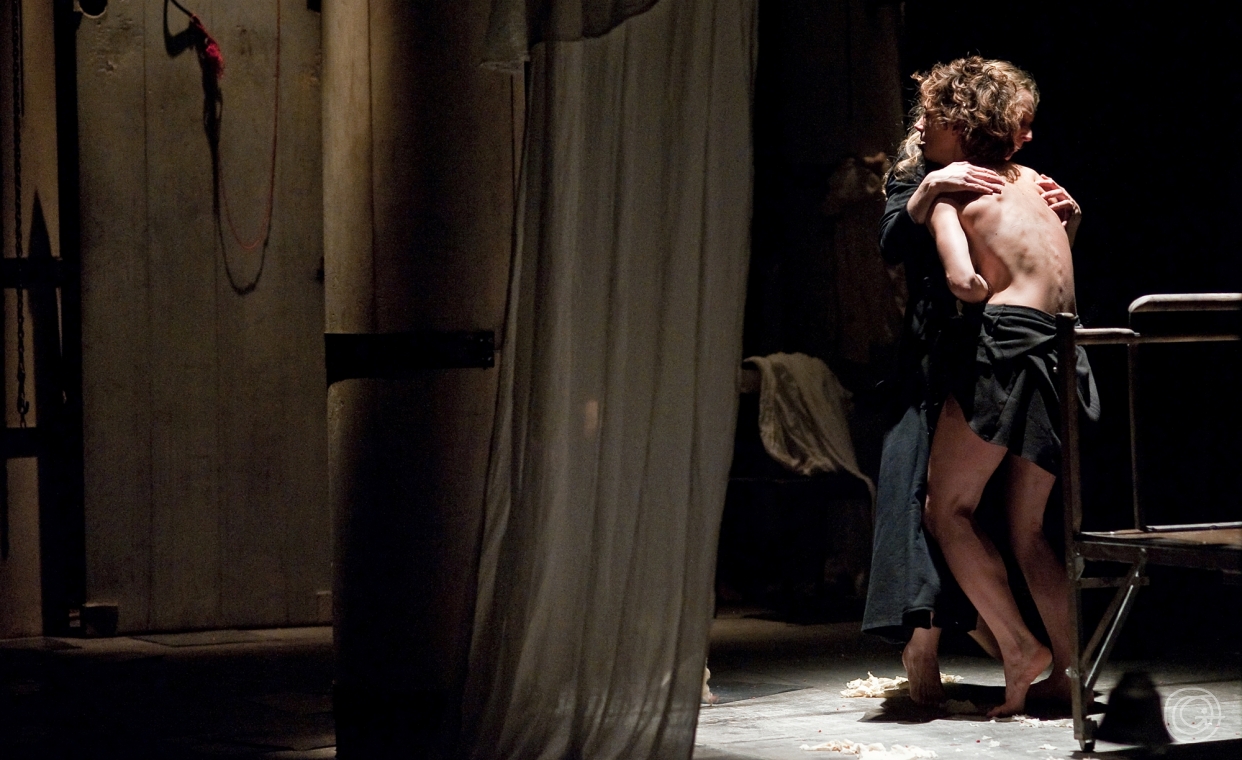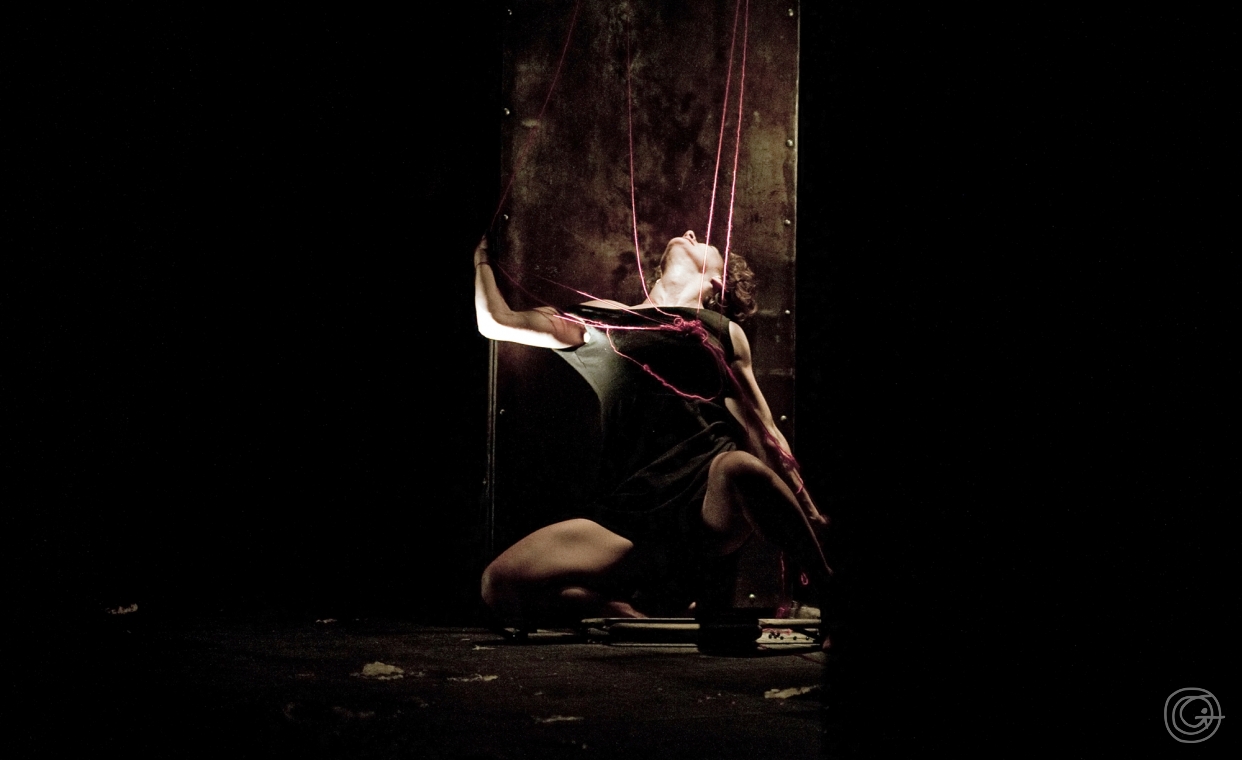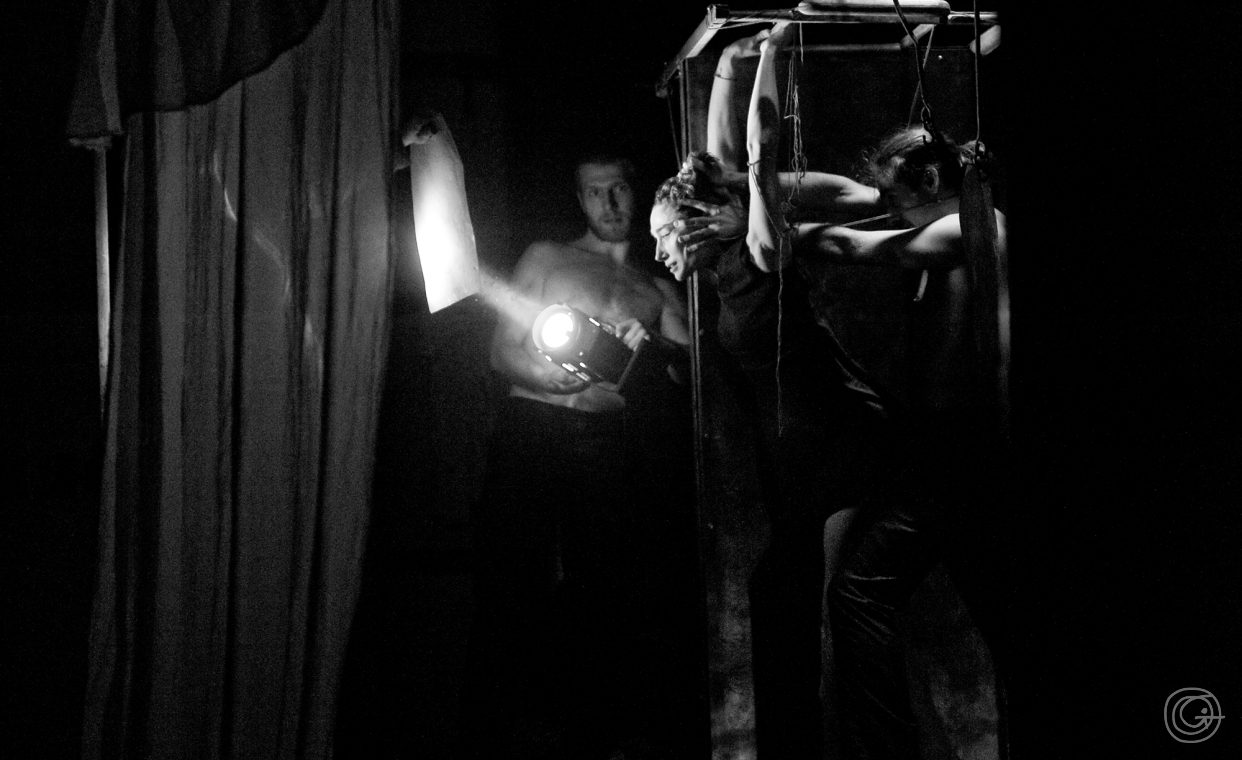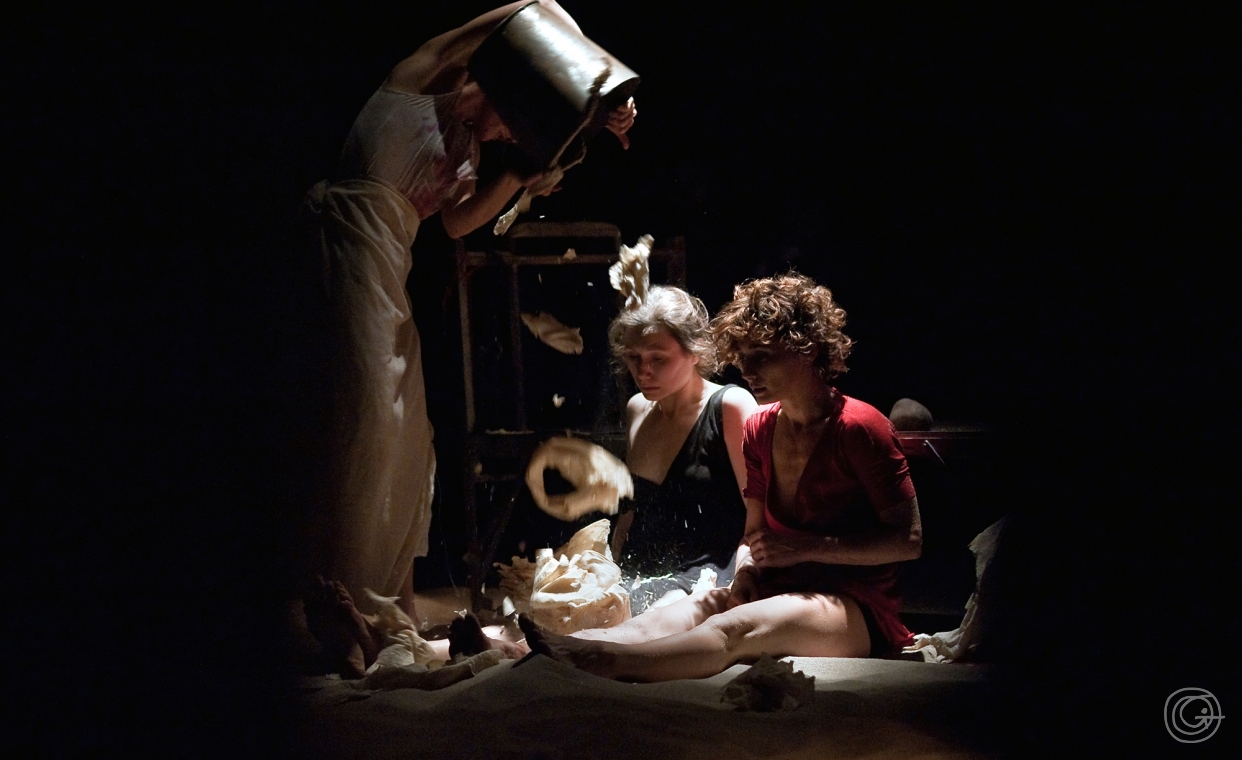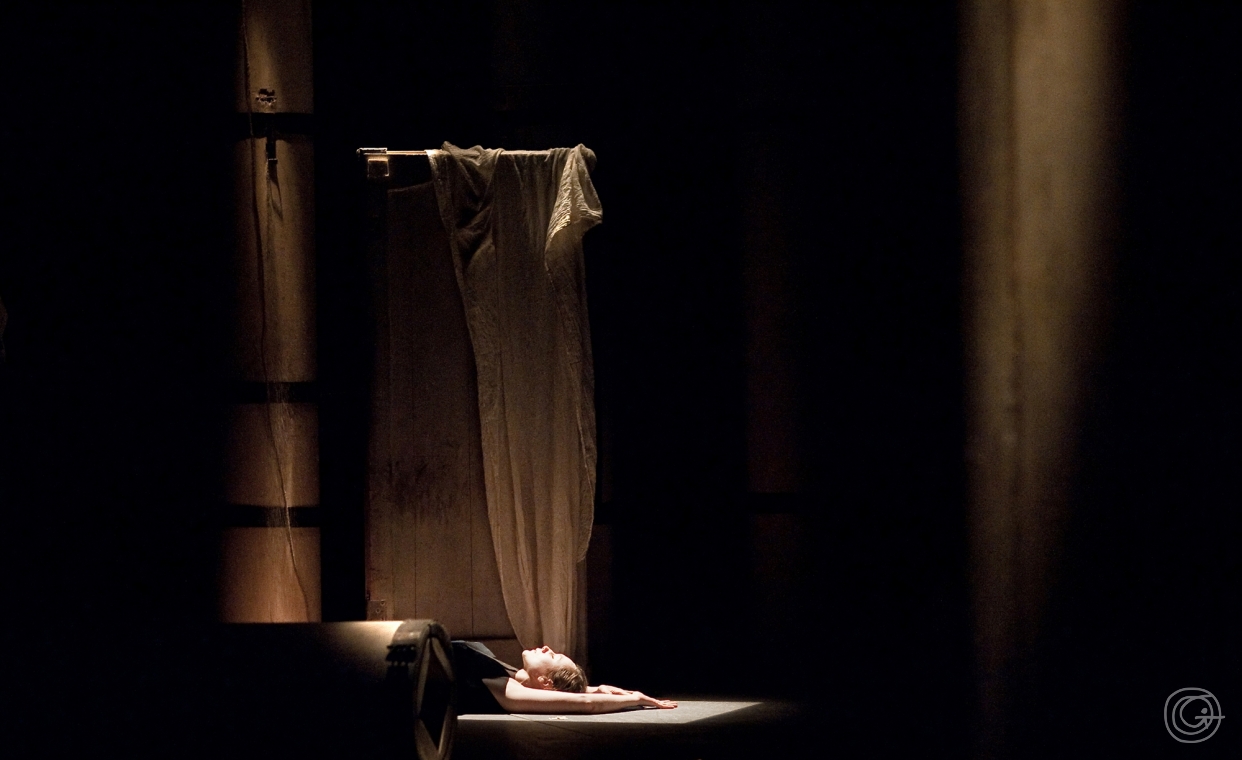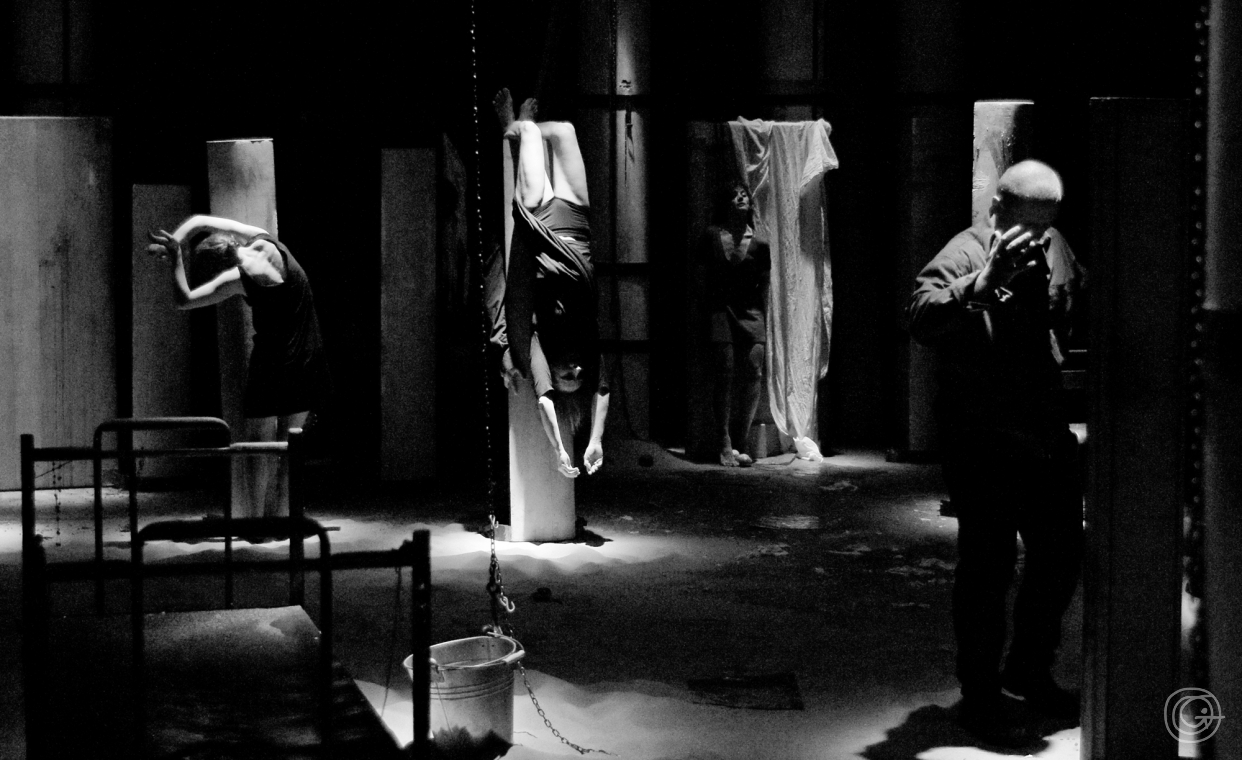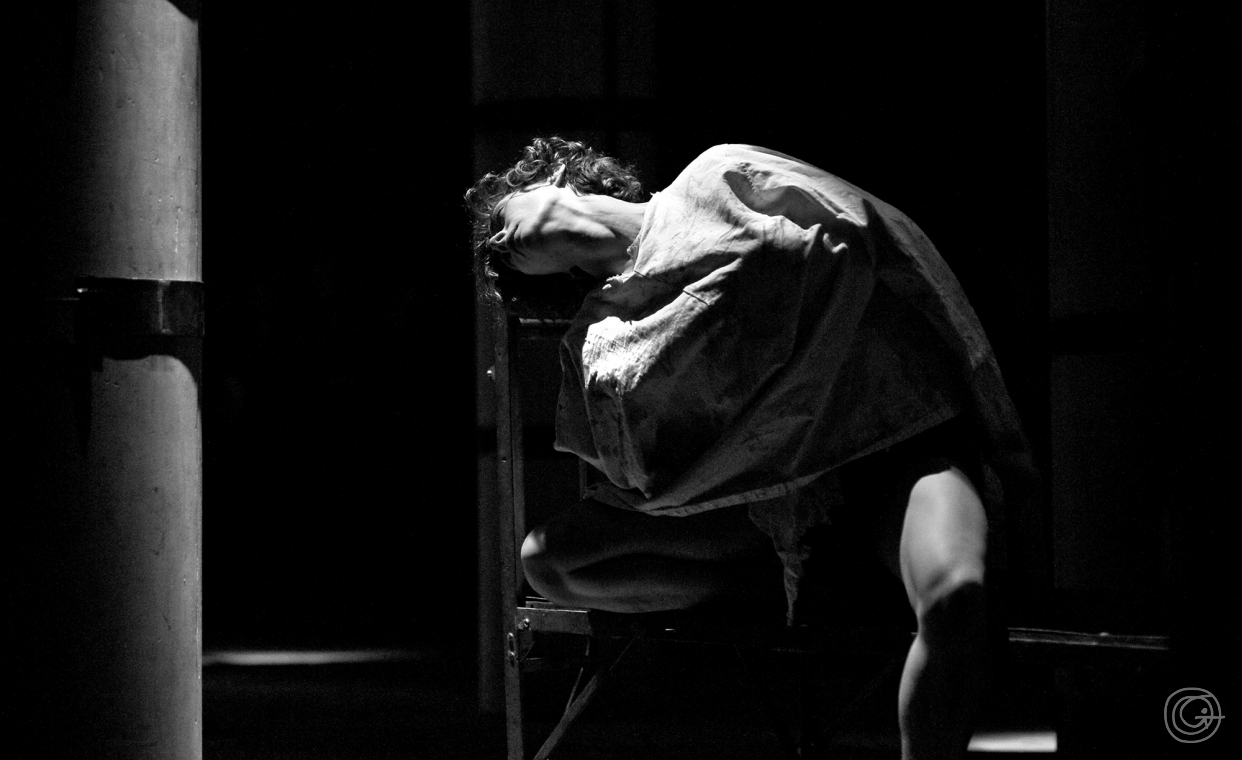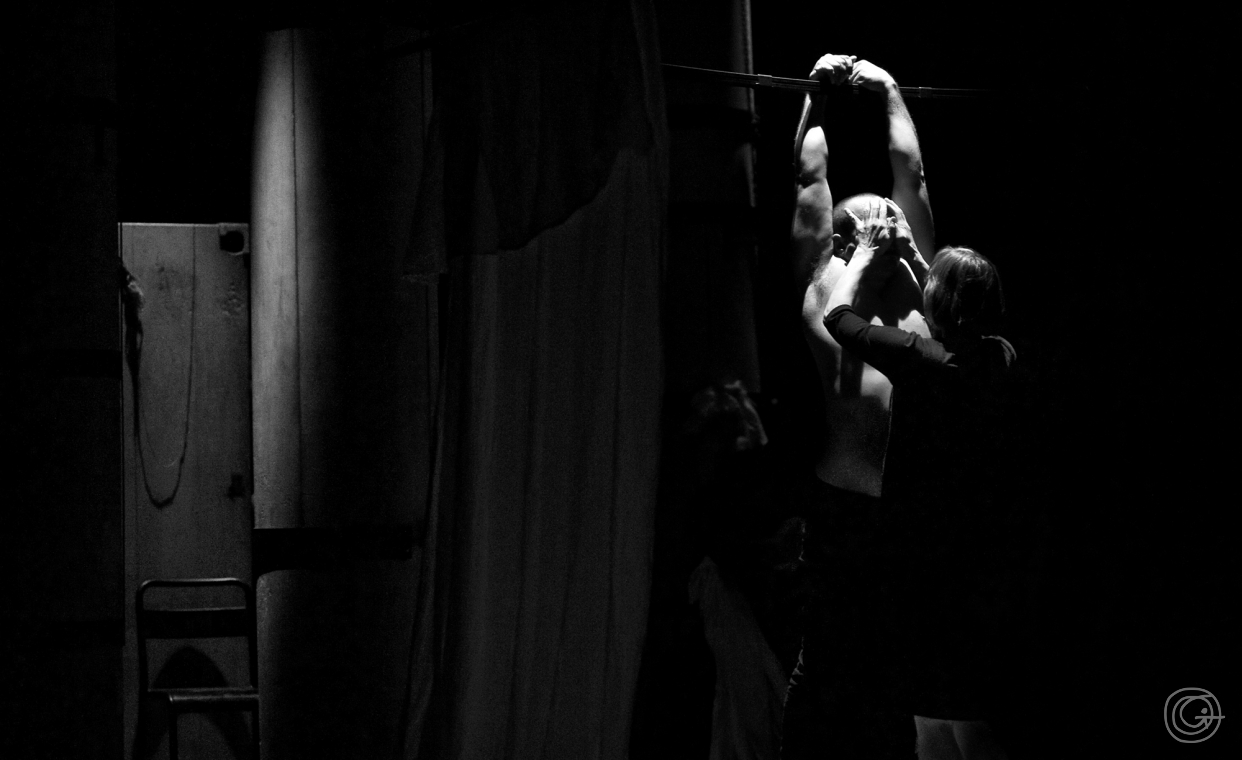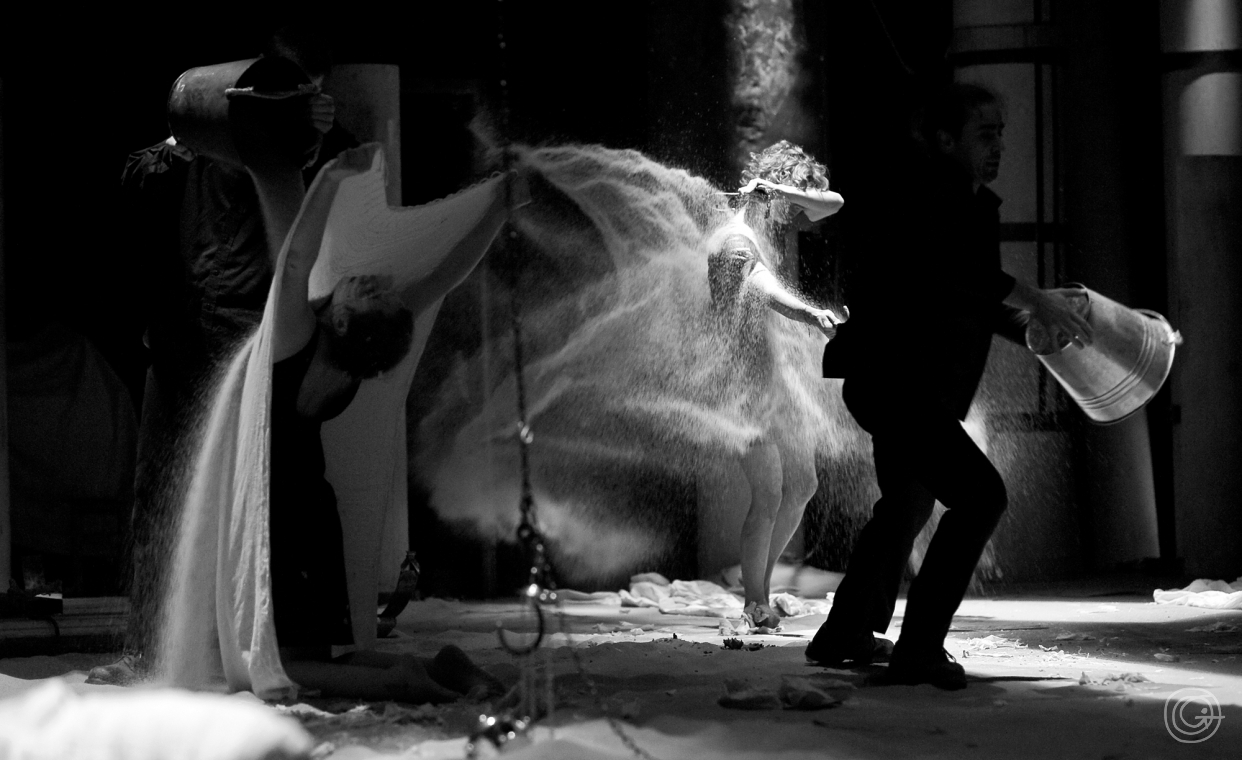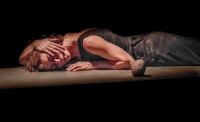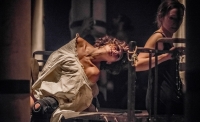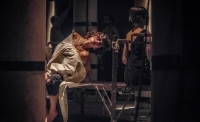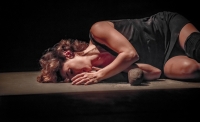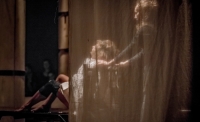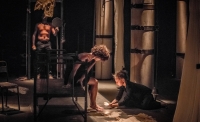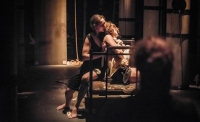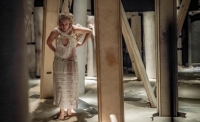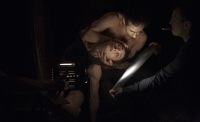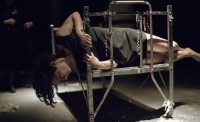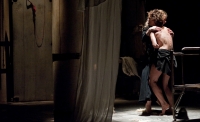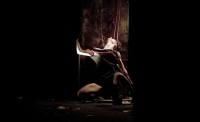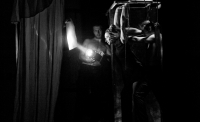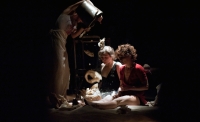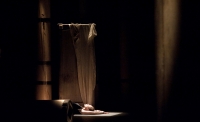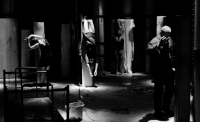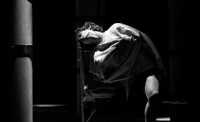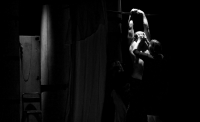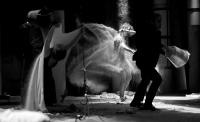Description
Dedicated to Armenian history and culture and to the Armenian genocide
Originally, the piece was intended as a séance in which it is not us calling the departed, but the spirits of the dead calling to have a trace of the past revealed, made visible, unearthed. The title, Armine, Sister, recalls the first two words of a letter with no clear address, which is doomed to drift around in time and space.
In light of the post-Auschwitz future that Theodor W. Adorno envisaged for poetry, art and education, we would like to ask: Is there a chance that the 21st century will not become the century of ignorance? In our new piece we ask about Europe, convinced that Europe is a question – one about history, identity, dignity. One of the main ideas of Armine, Sister is to tackle the issue of historic taboos and lies as opposed to a duty to witness.
When working on the performance, we often invoked Paul Celan’s Death Fugue, in which the dreams of the murderers and victims are dreamt in the same space. The space of the performance/séance of memory, like the space of a dream, is co‑inhabited by thousands of beings. Armine, Sister touches on how painful the memory‑carrying process can be. It is also an attempt to identify/name our place in relation to past generations, and to understand who we are – we, who always stand on the other side of memory like on the other side of the camera. We gaze at history through a peephole, seeing only a trace, a shadow, a thought.
For our project, Armine, Sister, we decided to explore Anatolian monodic traditions, based on the group’s vocal competence built for over ten years, resulting from our experience performing polyphonic songs. The project includes musicians from various music traditions of Asia Minor, Anatolia and Iran, whom we met on our expeditions: the Wan-born Kurdish singer Dengbej Kazo; Murat İçlinalça, the master singer at St Gregory the Illuminator Church in Istanbul; the Teheran-born sisters Mahsa and Marjan Vahdat; and Vahan Kerovpyan, a composer and drummer born to an Armenian family in Paris. We also collaborate with the singer Virginia Pattie Kerovpyan. Our main collaborator on Armine, Sister is Aram Kerovpyan, the Istanbul‑born master singer of the Armenian Cathedral in Paris.
- Teatr ZAR
- Musical dramaturgy, installation, direction — Jarosław Fret
- Performers/musicians — Davit Baroyan, Ditte Berkeley, Przemysław Błaszczak, Alessandro Curti, Jarosław Fret, Murat İçlinalça, Dengbej Kazo, Aram Kerovpyan, Vahan Kerovpyan, Kamila Klamut, Aleksandra Kotecka, Simona Sala, Orest Sharak, Mahsa Vahdat, Marjan Vahdat, Tomasz Wierzbowski
- Modal song studio led by — Aram Kerovpyan
- Vocal collaboration — Virginia Pattie Kerovpyan
- Sets built by a team led by — Piotr Jacyk: Maciej Mądry, Krzysztof Nawój, Paweł Nowak, Bartosz Radziszewski, Andrzej Walada
- Lighting — Maciej Mądry
- Project coordination — Magdalena Mądra
- Premiere — 28 November 2013
-
Another door comes crashing to the ground – a diminutive women tried to prevent this from happening but failed. The battered-down door will not protect her family from the murderers. The rosaries draped over the bed frame won’t be much help either. The audience are witnessing rape, violence, pain, death and cruelty, but they can’t see the perpetrators. They can hear chanting – it’s like a call for help from the victims, a request to be remembered.
Agnieszka Kołodyńska | wrocław.pl
-
[…] the music is the heart of the show. It is beautiful, atmospheric and unearthly. Sometimes, a low voice chants alone in the darkness. At other times the whole cast sing together, the sound swelling and rising to fill the small theatre like a wail of despair.
Helen Dalton | Battersea Arts Centre Review
-
Fret unearthed […] collaborators – who come, pointedly, from societies representing both the aggressors and the victims in the conflict the play depicts – over the course of recent research expeditions to Istanbul, Yerevan, Jerusalem and thereabouts, and has melded their spare, haunting, rarely heard monodic singing techniques with ZAR’s own flawless polyphonic singing.
Jim O’Quinn | American Theatre
Information
Date and hour
Venue
Running time
80 minutes

